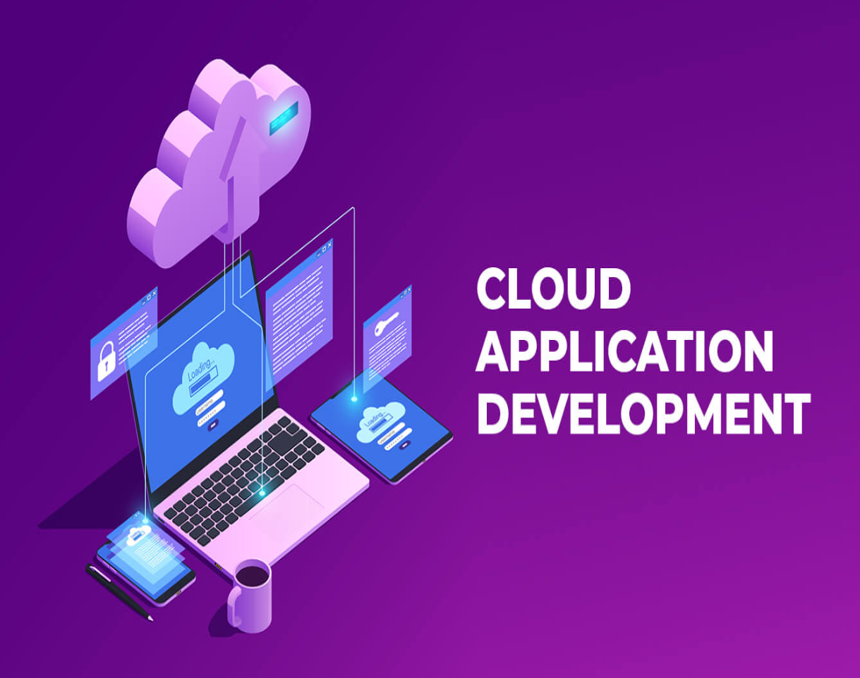Cloud Application Development

Cloud Application Development
Description:
Cloud application development involves creating software applications that are hosted, accessed, and run on cloud infrastructure instead of local servers or personal computers. This approach leverages the scalability, flexibility, and accessibility of cloud computing resources to build and deploy applications efficiently.
Key Components and Benefits:
Scalability:
Cloud platforms offer the ability to scale resources up or down based on demand, ensuring consistent performance and availability as user traffic fluctuates.
Flexibility:
Cloud environments provide a wide range of services and tools for building, testing, and deploying applications, including IaaS, PaaS, SaaS offerings, and developer tools.
Cost-Efficiency:
Cloud computing follows a pay-as-you-go model, eliminating the need for upfront hardware investments and allowing organizations to optimize costs by scaling resources dynamically.
Accessibility:
Cloud applications can be accessed from anywhere with an internet connection, supporting distributed teams, remote work environments, and global user bases.
Security:
Cloud platforms offer robust security measures to protect data, ensuring compliance with regulations and standards while providing peace of mind to users and organizations alike.
Use Case:
Consider a company that wants to develop a customer relationship management (CRM) system. By utilizing cloud application development, they can build the CRM application on a cloud platform like AWS, Azure, or Google Cloud. This allows them to easily scale resources based on demand, provide access to the application from anywhere, optimize costs by paying for only the resources they use, and ensure robust security measures to protect customer data.
 NeoM Communications
NeoM Communications